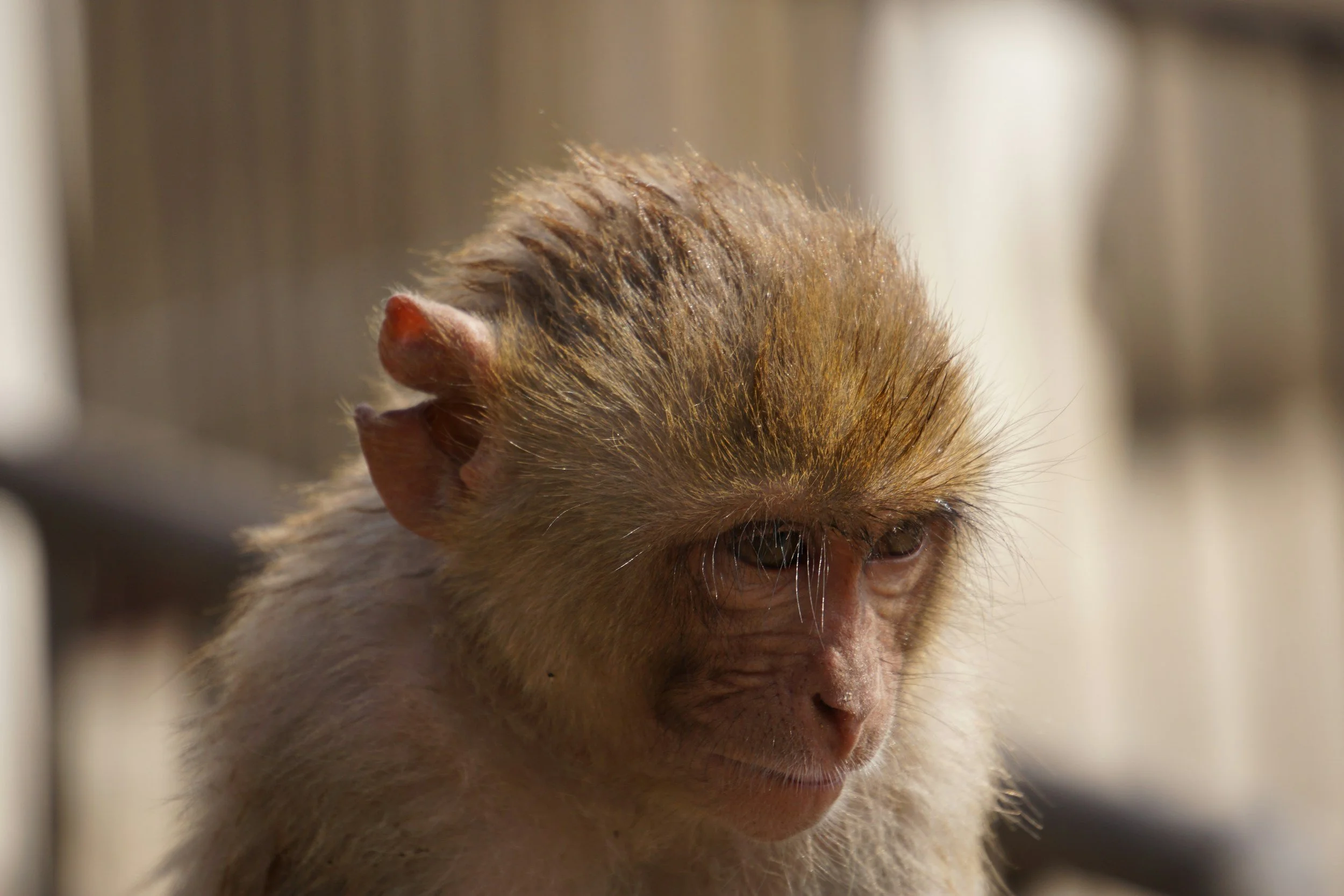The Cost of Cheap Chicken Exposed in New York Times Video
The footage, documented by Mercy for Animals, reveals the terrible truth of what chickens experience on factory farms.
The New York Times has released a new video revealing the disturbing reality inside an industrial chicken farm in the United States, urging consumers to question the cruel practices used by poultry producers.
The footage, documented by the nonprofit group, Mercy for Animals (MFA), uncovers appalling cruelty. Tens of thousands of chickens are crammed together inside the filthy building where they’re forced to stand on feces. The ammonia causes a strong stench and leaves the animals with painful skin burns on their chests and the pad of their feet. Leah Garcés, president of MFA, describes the scene as similar to a “nuclear waste site.”
In factory farms, animals are selectively bred to grow as large as possible as quickly as possible. One of the consequences of this can be seen in the footage, with chickens barely able to stand under their own weight. This also exposes the animals to injury, heart attacks, diseases, and death. In other clips, birds can be seen being forced to live alongside the dead bodies of their companions.
“Industry Standards”
In the United States, around 9 billion chickens are killed for their flesh each year, with 99.9 percent of these animals raised in factory farms.
“The cruelty that we documented isn’t a matter of one farm failing to meet industry standards,” said Garcés. “This is a matter of industry standards allowing for blatant animal suffering.”
And due to the horrific conditions, 450 million chickens die in the U.S. every year before they even make it to the slaughterhouse, tragically collapsing from heart attacks, disease, and dehydration - some of the birds can’t even reach the water fountains because their legs can’t support the weight of their body. The video notes that these conditions are the by-product of a system designed to maximize profits and satisfy the appetite for cheap chicken.
“These are the chickens going to the supermarkets, going to the restaurants. If you’ve eaten one of these chickens you’ve eaten an animal that had burns on their body,” says Garcés.
Mercy For Animals has launched a new campaign, Life of Chickens, to expose the chicken industry’s widespread abuse. The group is also demanding that restaurants, food services companies, manufacturers, and other brands nationwide sign the Better Chicken Commitment – a policy that addresses animal welfare issues related to breeding for fast-growth and high-yield, housing, stocking density, and slaughter.
“Mercy For Animals is calling on retailers to adopt meaningful chicken welfare guidelines for its suppliers to prevent the horrific suffering documented in this footage,” said Garcés.
Popeyes, Subway, Burger King, and nearly 200 other companies have signed onto the Better Chicken Commitment, meaning that their suppliers must adhere to a raised set of standards for chicken welfare. However, only 6 of them are supermarkets, meaning grocery stores like Target, ALDI, and Winn-Dixie are still refusing to even attempt to reduce suffering for the chickens in their supply chains.
Solutions for Change
“Our food system is broken. But you get three chances to help fix it - and save the planet - every day.” - New York Times.
No matter the welfare standards, exploitation and slaughter are inherent parts of farming animals for food. But there’s another way. Scientists, chefs, companies, and investors are racing to create delicious alternatives to animal protein. Already, plant-based meats are lining the shelves of some of the largest supermarkets, and restaurants like McDonald's and KFC, known for their cheap, meaty fast food offerings, are selling McPlant’s and Beyond Fried Chicken hot off the grill. Developments in the cultivated meat industry, grown from the cells of a single, unharmed animal, are accelerating fast, preparing for the moment red tape of FDA approval is finally cut, and real meat without the slaughter can disrupt our current damaging and cruel reliance on animal agriculture. The world is changing, and for the animals and the planet, that change can’t come fast enough.
We all have our own part to play in changing the food system for the better. Learn how to live in line with your animal-loving values by signing up for our What We Think, Wear & Eat Matters: 7-Day Challenge, tested and approved by our plant-based foodie and fashion-loving founder, Elizabeth Novogratz.
More stories:
Species Unite
A collection of stories of those who fight the good fight on behalf of animals.



As plant-based diets gain scientific backing, critics say the meat industry is deploying coordinated tactics to shape public opinion.